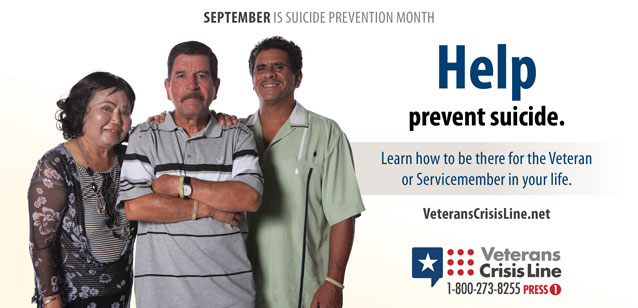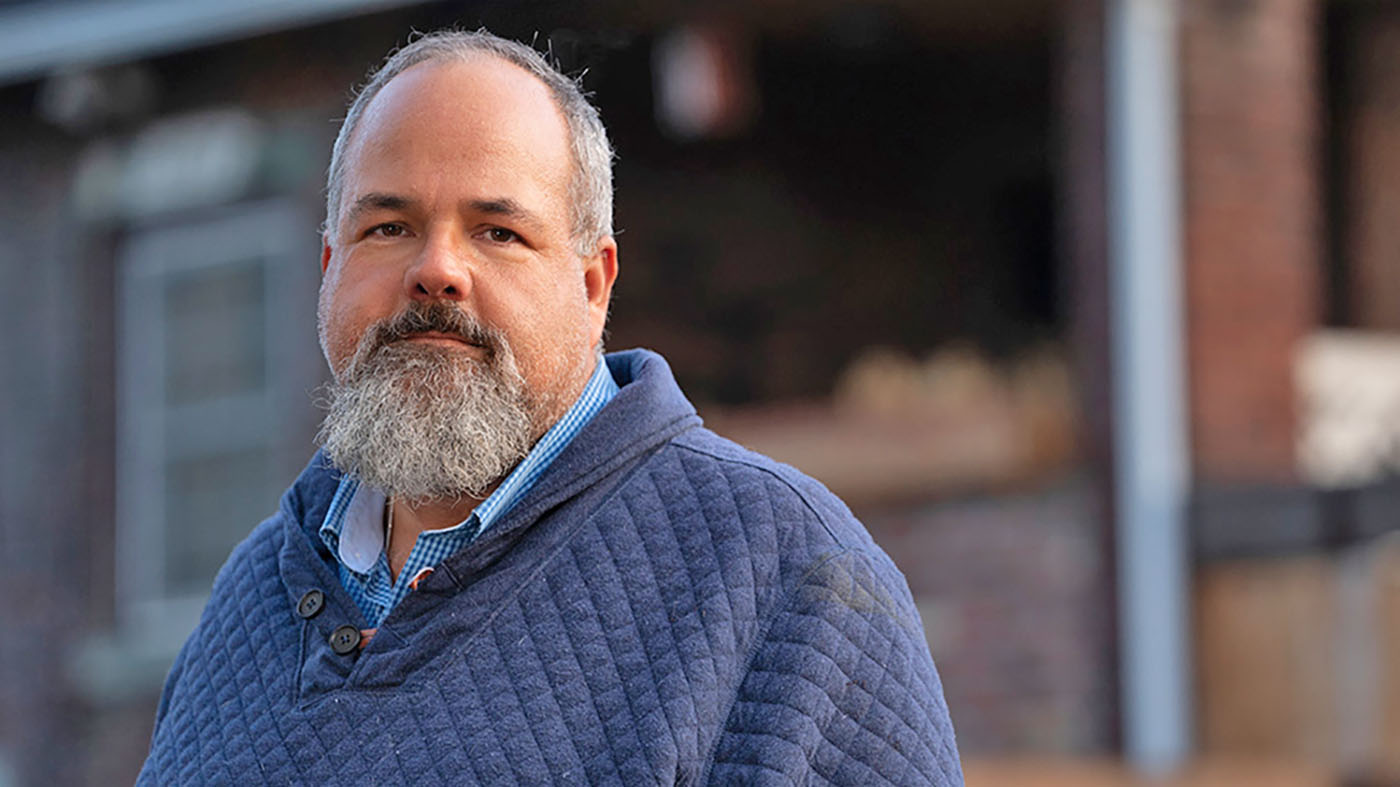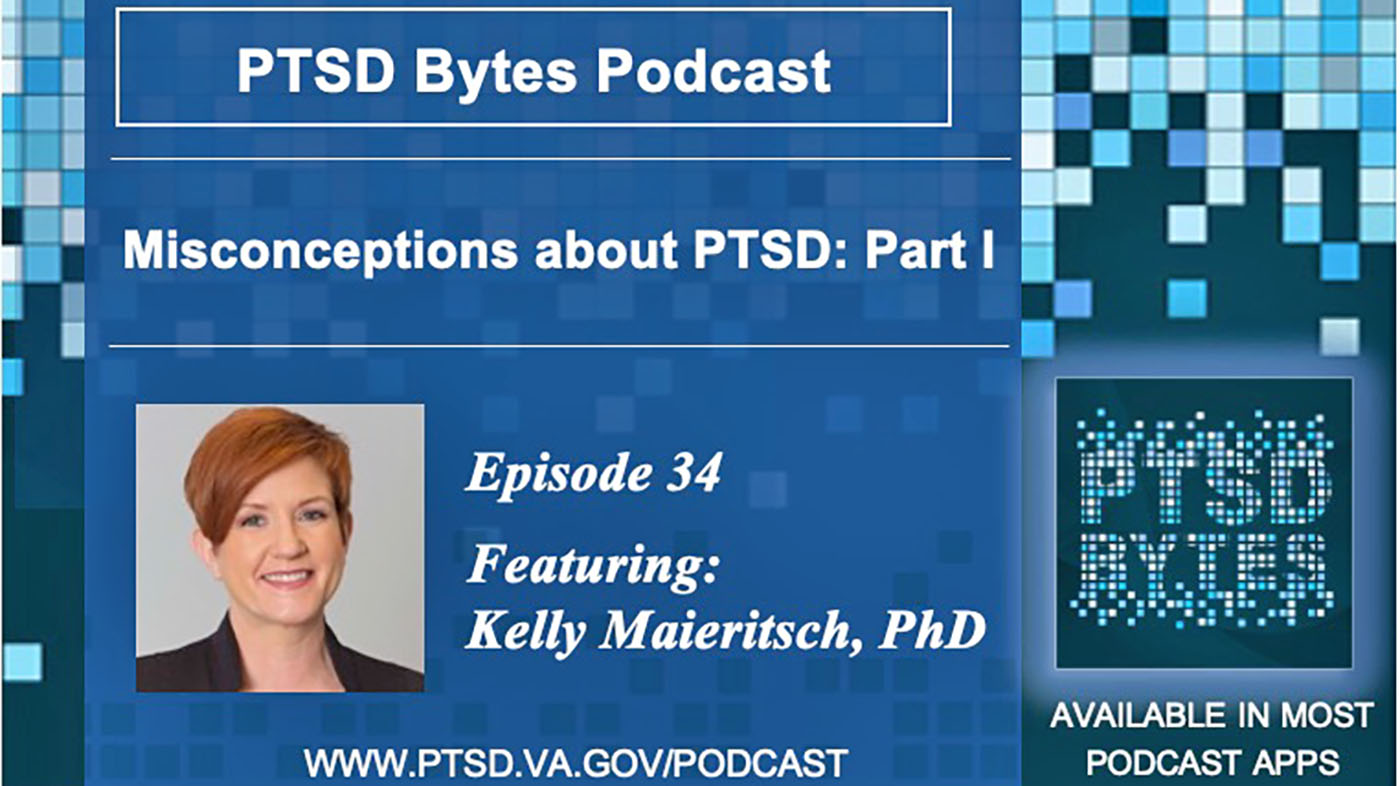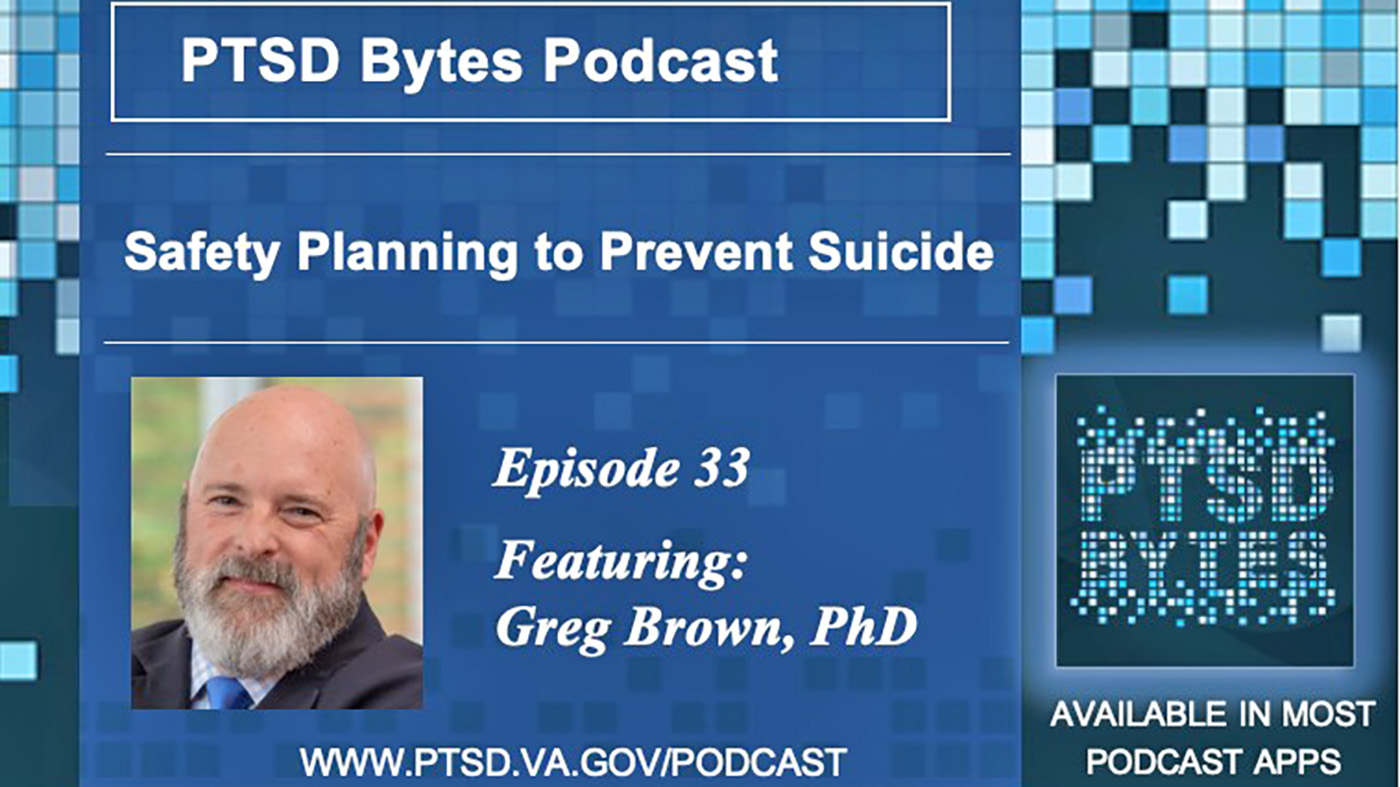When you contact the Veteran Crisis Line, your call gets answered.
Amid a controversial story released this week, some Veterans may be misled to believe calls to the crisis line go completely unanswered. My fear is that these headlines could discourage Veterans in crisis from using this vital resource in their time of need.
When someone calls the Veterans Crisis Line, they are prompted to “press 1” if they’re a Veteran. The call is then answered by a trained professional at a VA-run call center. If the call is not answered in 30-seconds, the call is then forwarded “rolled over” to one of the call centers part of the National Suicide Prevention Lifeline to ensure the Veteran is connected with a trained professional. The personnel at these back-up call centers are all U.S. based and trained to handle callers in crisis. This “roll over” is put in place to ensure that Veterans are being connected to a crisis intervention responder when the VCL staff are assisting other Veterans.
Veterans want to speak with the staff at the Veterans Crisis Line, and VA knows that, which is why there is a call center being built in Atlanta. The new call center, along with additional personnel, will help VA achieve its goal of having every call answered by staff at a VA-run center. Until VA can guarantee sufficient resources to service 100 percent of their call volume, the back-up call centers will be ready to assist.
The crisis line had issues in the past with busy signals and voice mail, but those issues have been resolved since being brought to light earlier this year.
The Veterans Crisis Line number is 1-800-273-8255 – then Press 1. The Veterans Crisis Line works and is a resource Veterans should use, not avoid.
Topics in this story
More Stories
Be ready before a suicide crisis by learning about resources that are available. You don’t have to face it alone.
In a two-part series, Dr. Colleen Becket-Davenport discusses some common myths surrounding PTSD with Dr. Kelly Maieritsch.
In this episode of the PTSD Bytes podcast, we speak with with Dr. Greg Brown, Philadelphia VA clinical psychologist, about how safety planning can prevent suicide.







I can’t believe how everyone talks about helping Vets and yet the ones that need help are the ones who are struggling to stay alive. My wife and I are the only ones in our home we have one daughter that lives 2 miles away and says that there is something in our house that makes them sick so if they come over its just a quick hi and good by. our other daughter lives about 50 miles away but come into Salt Lake 2-3 times a week and we might see them once a month to wish someone happy birthday. I turned to the VA and found that things I was looking for no one had information about. I have problems with depression and finally in a dream I saw a dog licking my face because he loved me. I finally talked to someone who had a service dog and they lead me to an organization here in Salt Lake called K-9’s with a cause they teach people how to train their dogs and if your a Vet and you have a Dr. note saying that it would be helpful for a Vet to go through training. We go once a week and get a lot of good information. My dog makes me laugh doing all the crazy things he does and insist that he be with me all times. He is half Black Lab and half Blue Healer and he is a great listener and loves me no mater what I put him through. My mobility is getting worse all the time I have a wheelchair and a electric scooter but I can’t take my scooter anywhere because all we have is a small car. I have been trying to do different things to keep my self busy and to help others who are in need. A few years ago I started an organization called used medical aids foundation and what I do is I except mobility aids from people who can’t afford things like wheelchairs or walkers or electric wheelchairs and scooters. I have worked most of my life on repairing things and I go through the items and to make sure they are in good shape to be used if anything is missing or broken I can either fix it or fabricate something that will make it work the way it should. I also have a degree in electronics so electrical things aren’t a problem. I post the items on the internet for those who need them and let them come over and get what they need. The thing I ask is that when they don’t need it any more to please being it back for someone else to use.
I have been trying to find an organization that will help a disabled Vet to get a small truck so that I can use my scooter. I help out at our senior citizens center with classes and show people things they can do instead of just sit there watching TV all day. I help all the kids in our small subdivision when I take my dog for a walk if kids are out playing I pull over and let them pet my dog then I let them give him a treat and now all the kids in the neighborhood know my dog and always come out to pet him. My wife has been a great supporter and generally pushes me in my wheelchair but her health is declining and she isn’t able to push me as much as she use to. The VA has set up for someone to come over twice a week to do small chores like vacuum, dishes, trash and bathrooms because its hard for her to do those things. I do what I can to help her but I am limited on what I can do.
My depression comes from remembering when I was much younger and being able to do anything I needed to do and now I look at myself as someone who can’t do the repairs I need to. When I first moved into this neighborhood 35 years ago people would always come to me to help them with a problem and now it hurts for me to ask neighbors to help me.